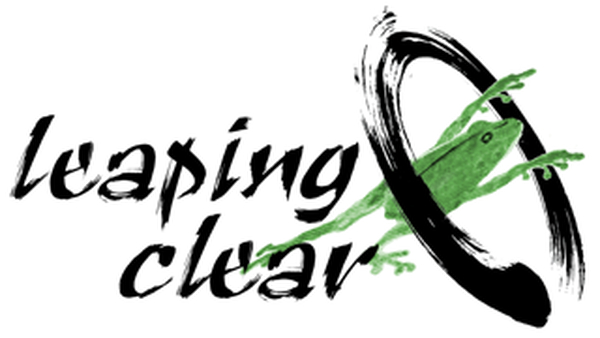Sandra Kolankiewicz
Uncle
When we heard you were coming, we became
happy, your girth wider and more fun than
the laps we were balanced on, little to
lean into that was warm and soft except
for the days you'd arrive, and we fought for
you, each of us performing in some way
to get your attention, my mother as
well, someone handsome to tell her stories,
a man who was not anxious about now,
yesterday, or tomorrow, my father
on some days so overwhelmed he could not
come down stairs, stayed in his bed while the sun
rose, crossed the sky, and disappeared after
flooding the living room, the house silent
and dead like a mistake had been made for
which there was no forgiveness, as if day
could not dispel the darkness, a bottle
always on the counter, measured out in
teaspoons, sent by a pharmacist who still
mixed and made himself, adjusting the dose
to person and situation. That was
war then and now, a young man upstairs
who can't come down, missing his babies' lives
in lesions of memory, who stops his
mind by lying still, and an uncle too
immature to have gone but who won't let
his brother give up and be left behind.
He Had Been A Good Father
He moved from thought to thought like a drunken
dragonfly about to call it quits, caught
by late October summer, next year's seeds
already sprouting in the garden, fall
wasting itself. That's when we had our talk,
the hills ablaze, the sky confused and blue
without the crispness needed to remind
us that the crickets stacked their firewood months
ago while we were water skiing. This
is how your family determines you are
not doing well: they forget you've never
relaxed and act like winter's already
here. We helped him organize, line things up
the way he wanted. Eventually
he started laughing again at nothing
but the length of the season. A nurse came
and took his blood pressure, checked stickiness
of platelets. He was once a good father
although he could no longer remember.
Sandra Kolankiewicz
Over the past 35 years Sandra Kolankiewicz's poems and stories have appeared widely, most recently in London Magazine, Adelaide, Per Contra, Crannog, and Prairie Schooner. For her, the creative process allows her to participate in the primacy of creative energy and turn waves into particles. Turning Inside Out is available from Black Lawrence Press. The Way You Will Go and Lost in Transition can be found at Finishing Line Press.
Every day for the past twenty-two years, whatever the season, whatever the state of my life or health, I get up at five a.m. and sit in front of the computer. I clear my mind and then open up to whatever thought and emotion waves are out there. I 'grab' on to a vibration and write it down. Most of the poems I write are not about me. They are emotional and mind vibrations. I believe that the artist acts like a transformer of pure energy into the three-dimensional world. As such, the act of creation can be very dangerous when practiced and comes with a need for discipline and balance. Many people talk about artists as being predisposed to bipolar disorder. However, who I think gets disordered is the artist as intermediary, the artist who does not quite understand the nature of the energy that we 'tap' into. This kind of energy is not to be fooled around with. I used to think that I was creator of a poem; now I know that the energy is eternal that I merely get to work and play with it—as anyone knows who has an artistic and/or meditative practice, in the act of creating time disappears. So... a regular meditative, respectful tuning in to the human condition for the purpose of spiritual growth and increasing my compassion for others is my practice. I write for at least an hour every morning. During this time I do not revise—I create. I surrender and follow where my intuition and imagination take me, which is into what I think of as quantitative realm. For me, this daily practice is a discipline that brings me peace, enthusiasm, and helps people recognize themselves in my work.

